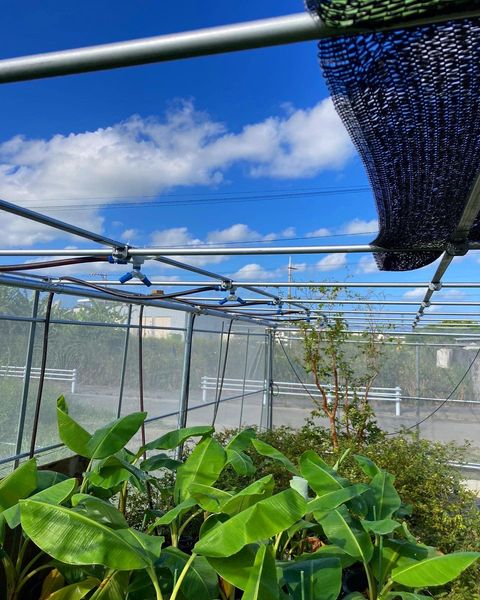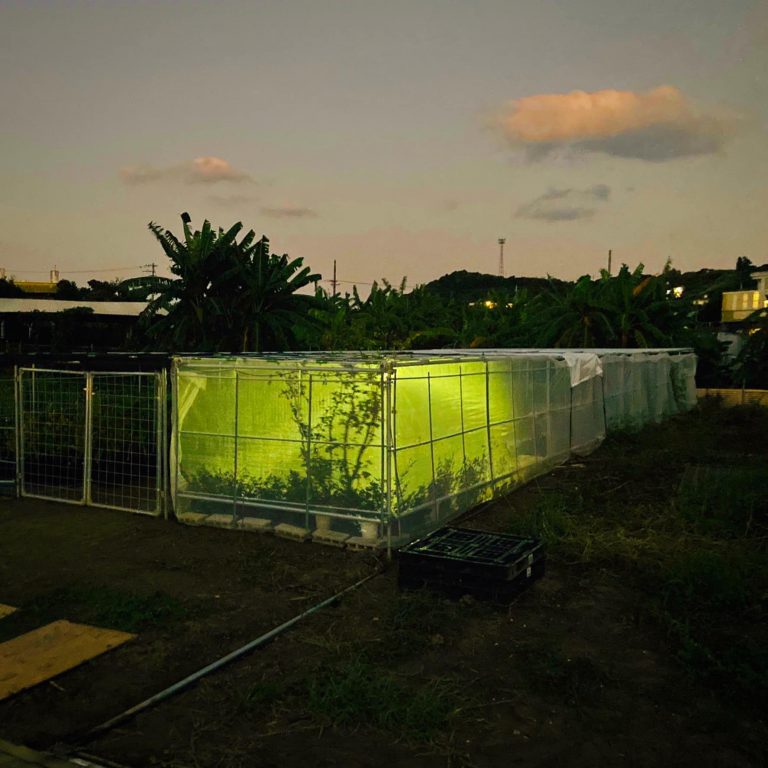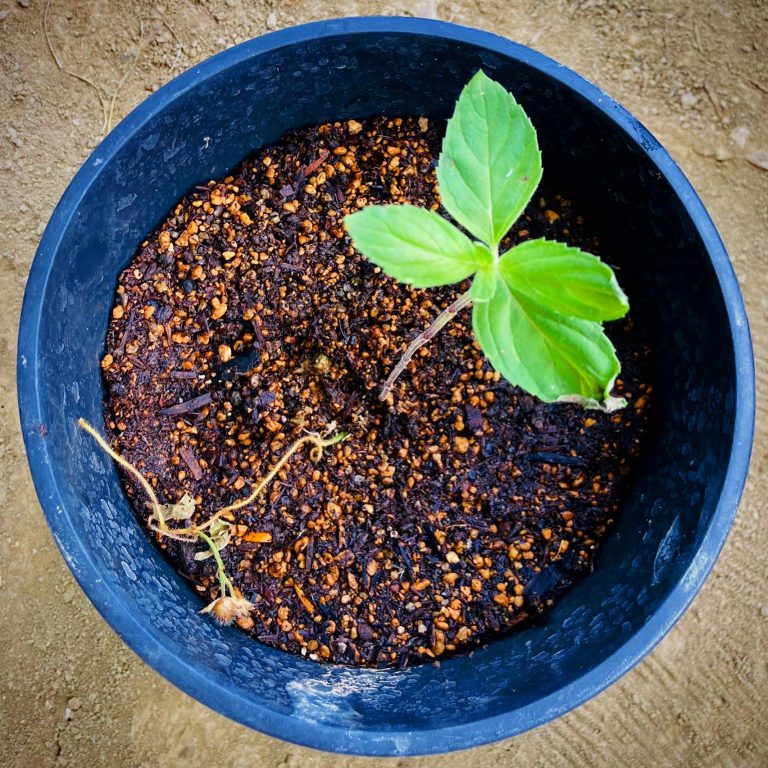Speedy Farm: Startup EF POLYMER from India feat. OIST (Okinawa Institute of Science and Technology Graduate University)

Speedy Farm
I have been involved in agriculture in Okinawa for 10 months.
The more you do it, the more issues become apparent.
One problem that only newcomers can understand is that the assumption that “Japan has an abundance of four seasons” may have delayed the modernization of agriculture.
Until 1972, Japanese agriculture was one of the best in the world. From there, it lost its international competitiveness due to the isolation policy of not allowing even a grain of rice into the country. The difference between domestic and foreign prices of agricultural products is more than eight times. Half of farmers’ income is covered by tax subsidies, and they have been unable to invest in IT and robotics, leading to an increase in abandoned farmland throughout Japan.
Then, global warming caused by climate change has led to an increase in drought areas, which are tapering off. Even though Japan has four seasons, rainfall is decreasing. Countries like Israel, which originally did not receive much rainfall, are harvesting more crops. The key to success is irrigation (drooping). Without watering with liquid fertilizer from a well-data-controlled state, crops cannot be harvested consistently.
Agriculture is now an IT industry (agri-tech), not a farming industry. Like Japan, agriculture must become DX-oriented to have a future.
Now, I would like to introduce EF POLYMER, a startup founded by two Indian researchers and OIST (Okinawa Institute of Science and Technology Graduate University), which is the pride of Okinawa.
It took three years to develop an organic polymer (organic compound) that solves the problems of drought and soil degradation by using banana peels and other food scraps as raw materials.
Water shortage solution = Absorption of 100 times its weight in water
Soil improvement = vitamins and mineral nutrients to fertilizer
Solution to the garbage problem = biodegradation in the soil
This EF polymer was immediately put into Speedy Farm. In other experiments, crops have grown 1.2-1.6 times faster. This is a significant contribution to the realization of a circulating economy. 3,000 farmers in drought-prone India have adopted the system. In Okinawa, 100 farmers have also adopted the system.
This kind of innovation is the culture of Okinawa.
We look forward to this summer’s harvest.










